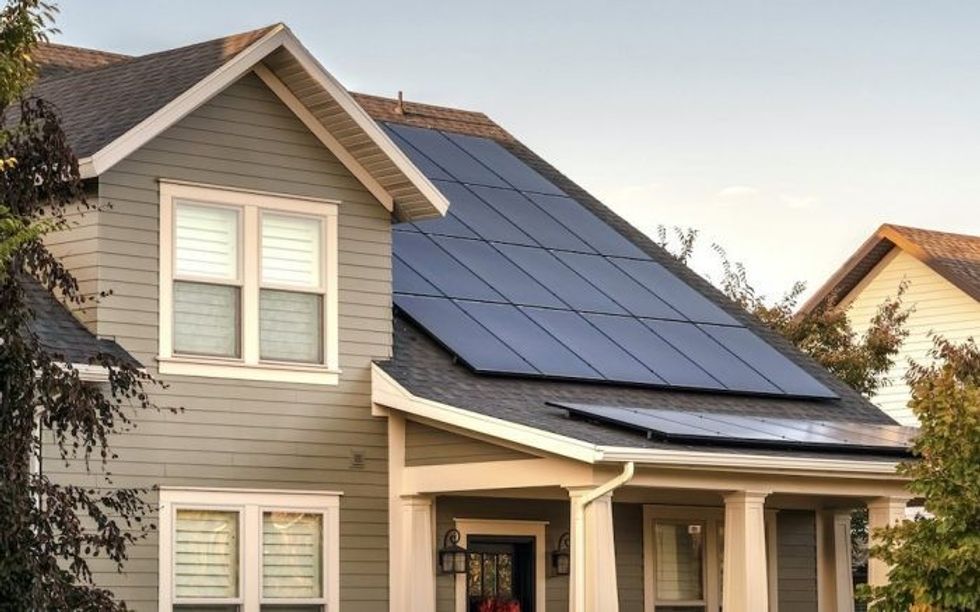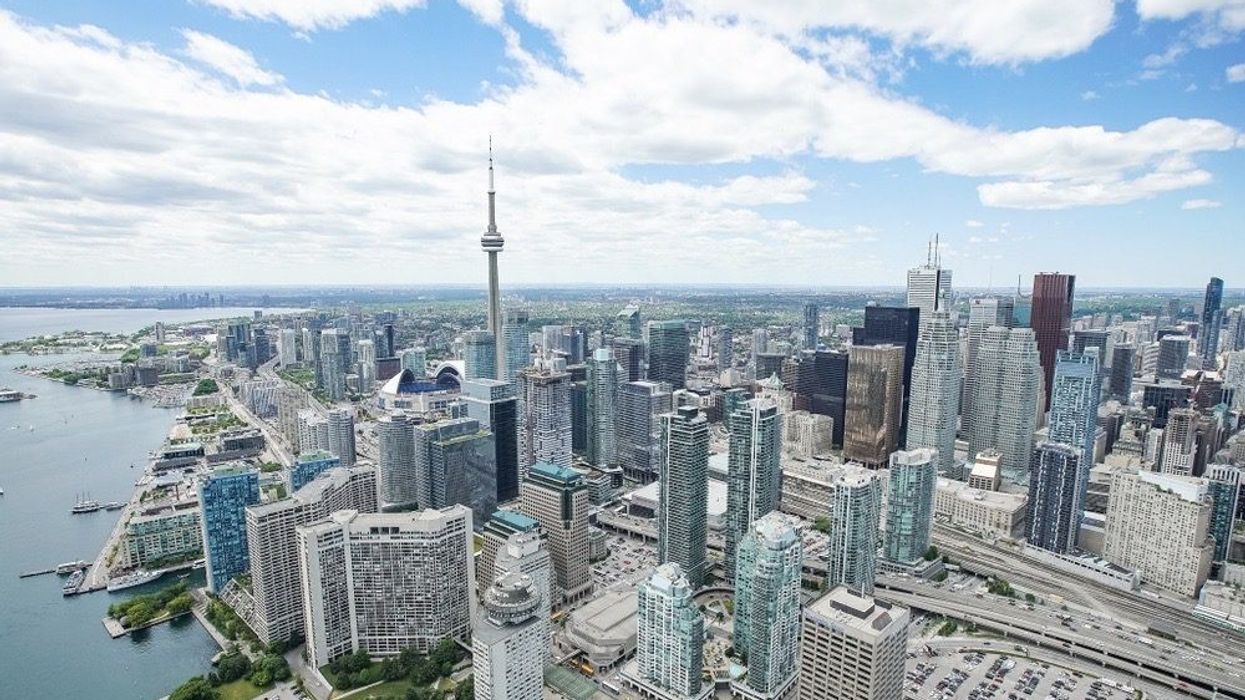As heat waves continue to hit Canada, Toronto City Council has approved a bold strategy to reduce greenhouse gas (GHG) emissions from existing buildings.
The move was announced yesterday, along with the anticipated approval of updates to the Toronto Green Standard.
The plans will be critical to achieving the City of Toronto’s TransformTO goal to reduce community wide GHG emissions to net zero by 2050 or sooner, says the City. They include a Net Zero Existing Buildings Strategy to decarbonize residential, commercial, and institutional buildings within the next 30 years; a Net Zero Carbon Plan to reduce emissions in City-owned buildings; and an update to the Toronto Green Standard to achieve net zero emissions in new development by 2030.
“With temperature records shattered in Canada in recent weeks, it’s critical that we reduce community-wide emissions to net zero as soon as possible,” said Toronto Mayor John Tory. “While the challenges of transforming how we build, renovate, and operate our homes and buildings are massive, so too will be the benefits in terms of our climate, our health, economy, and resilience.”
Tory says he is committed to working with other orders of government to put in place the supports, standards, regulations, and training required to enable this market transformation.

The Net Zero Existing Buildings Strategy recommends nine key policy actions that the City can implement to enable and accelerate the uptake of retrofits by building owners, while maximizing potential co-benefits and minimizing potential harms to owners and tenants:
Require annual emissions performance reporting and public disclosure from owners of all existing buildings.
- Establish emissions performance targets.
- Require energy and emissions audits and tune-ups.
- Provide supports to reduce the complexity, costs and time associated with building retrofits.
Expand and enhance retrofit financing. - Streamline the permitting and approval processes for deep retrofits.
- Build awareness and capacity of home and building owners to undertake emissions reduction measures.
- Support workforce development and training.
- Advocate and partner with other orders of government to ensure appropriate authorities and funding.
Homes and buildings are the largest source of GHG emissions in Toronto today, accounting for 55% of total emissions. Approximately 60% of building emissions are attributed to residential buildings, including single-family homes, and 40% to commercial and institutional buildings. Emissions stem from the use of fossil fuels and primarily natural gas to heat space and water. According to the City, retrofits can reduce emissions by more than 80% in Toronto’s existing buildings; however, additional measures such as carbon offsets will be needed to reach net zero by 2050 in the sector.
Of course, retrofitting homes and buildings doesn’t come cheap. The City announced that financial support and co-investment by all orders of government and the private sector will be needed to enable market transformation. Furthermore, current City programs and initiatives in place to offer financial support will be leveraged and enhanced. This includes the Mayor’s Green Will Initiative, Energy Retrofit Loans, Navigation and Support Services, the High-Rise Retrofit Improvement Support Program, Home Energy Loan Program, and BetterHomesTO.
Implementation of the Net Zero Existing Buildings Strategy is expected to increase local building retrofit economic activity by an impressive 87% over the next 30 years, and nearly double annual investment in existing buildings. It is also expected to create an additional 7,000 direct, full-time jobs in local construction, energy services, and supportive work over 30 years, according to the City.
City Council also adopted a plan to achieve net zero emissions at more than 2,500 City-owned facilities. Implementation of the Net Zero Carbon Plan will reduce GHG emissions from City-owned buildings by at least 80% by 2040.
In another move, the City also approved much-urged updates to the Toronto Green Standard (TGS), Toronto’s sustainable design requirements for new private and city-owned developments. Introduced in 2010, the TGS is updated approximately every four years. The latest update brings advancements in requirements for building energy and GHG reduction and electric vehicle parking, and also introduces tracking of embodied emissions in building materials used in construction. The update would also require the addition of green roofs and room for native flowers for pollinators.
While some of the updates have been met with some resistance from developers, at the end of the day, it's a "cool" move by the city at a time when the impacts of global warming are becoming impossible to ignore (just ask BC).





















